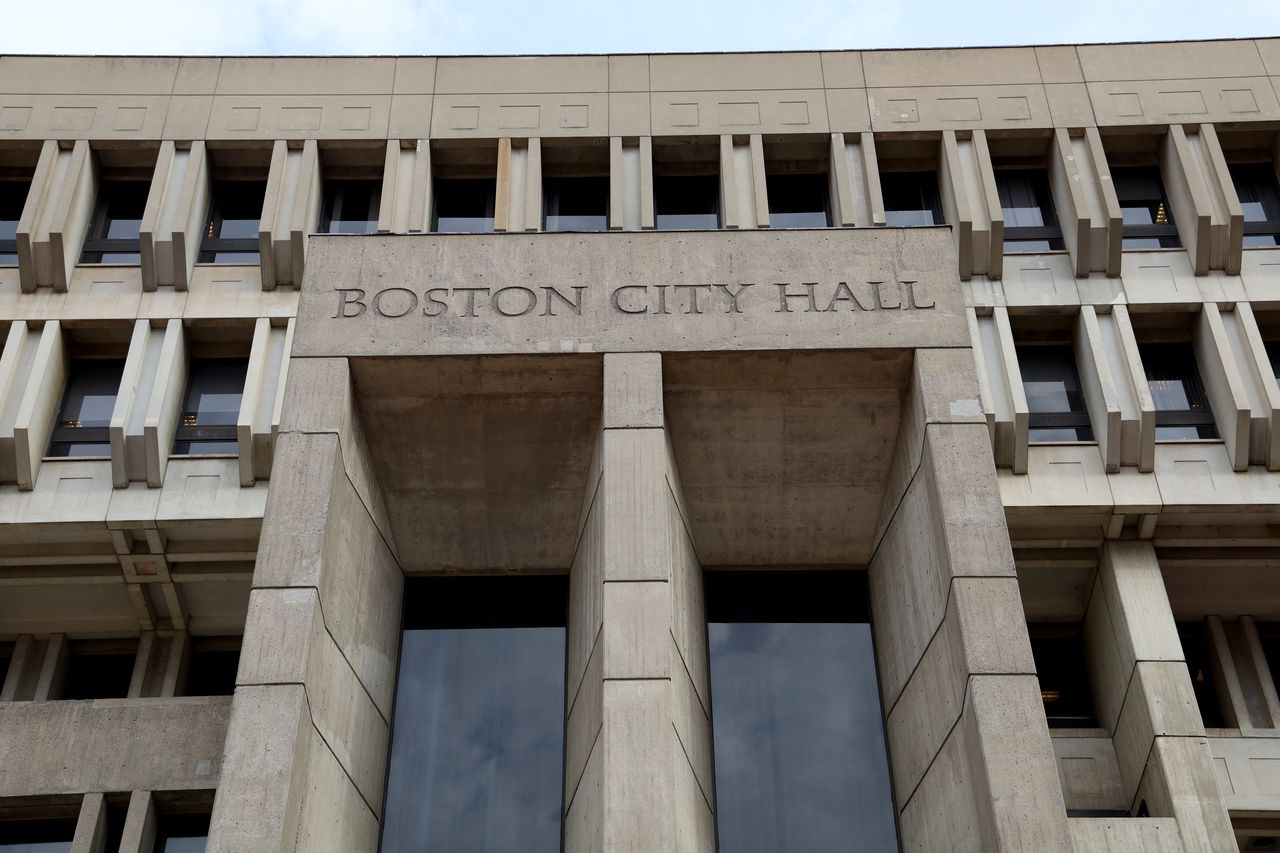
In a move aimed at improving equity for gender and sexual minorities, the city of Boston will no longer print gender markers on marriage certificates and will implement other standards for discussing gender across city departments.
Kimberly Rhoten, director of policy and strategic initiatives in the Mayor’s Office of Returning Citizens, was the first to receive a marriage certificate without gender markers on Tuesday. Rhoten, who identifies as nonbinary, married their partner on June 10.
“I have eagerly awaited a transformative future when my identity and the identities of my community would be recognized and respected by the institutions that govern us,” Rhoten said. “Fortunately, a marriage certificate is a symbol of love and commitment, but unfortunately for people like me, the certificate’s outdated and narrow gender markers were a glaring reminder that our city still had a long way to go to acknowledging our existence. They were a subtle, yet powerful message that our love, our relationships and our identities were somehow less valid.”
Rhoten also noted that for those whose gender identity changes over time and later identify as a different gender from when they were married, they will no longer have to worry about whether their marriage certificate reflects who they are.
City Registrar Paul Chong said at a press conference Tuesday that about 5,000 couples come to City Hall each year to apply to be married.
The change to marriage certificates was based on new guidelines and standards for city departments to refer to regarding when and how to ask about constituents’ sex and gender.
District 1 City Councilor Gabriela Coletta recalled that when she hired one of her current staffers, a trans man, the employment paperwork required him to provide his legal name, which was not the name he went by after his transition. In addition, when they set up his work email account, the address once again included his legal name.
Coletta proposed an ordinance to use more gender-inclusive language in City Hall, which was unanimously approved by City Council and has since been signed by Mayor Michelle Wu.
“This is a very important step forward for a more accessible, inclusive and welcoming City Hall, municipal government, and hopefully it’ll reverberate to the state and hopefully throughout the country,” Coletta said.






